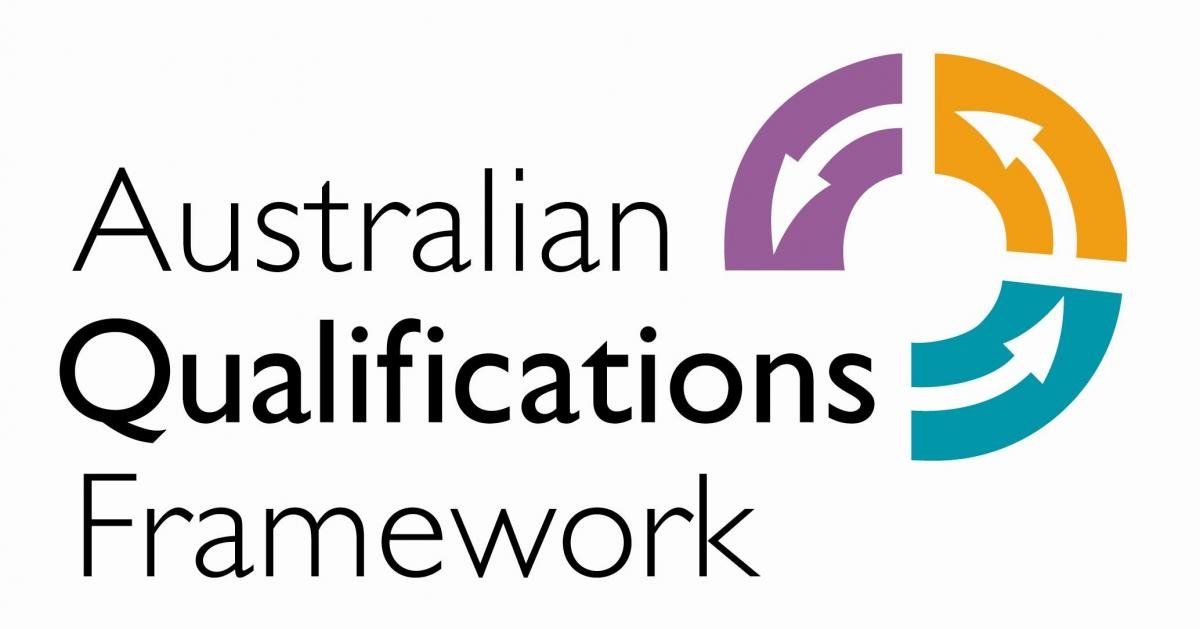I didn't pass an assessment and I want it reassessed
Dr Mary Anne Hall • August 5, 2019
We understand sometimes you think you've smashed an assessment but when you get your marks back they fall short. This is always disappointing and we want you to know it doesn't mean you won't get there in the end! We will always provide you with feedback so you know where you can improve. And most of all if you're not happy you can give the Trainer who marked your assessment a call. You get as many opportunities as you need to become competent, but we strongly recommend following the comprehensive feedback to improve!
If you are still not happy with the decision we will submit your assessment to another Trainer to be assessed. EPEC Education will always provide you with a fair process to lodge an appeal when you've exhausted all other options. For a step-by-step guide on the appeals process please see the Student Handbook.

There are now over one million children in Australia going through a family breakdown. This almost always causes stress for children, with over 25% of children experiencing long term trauma as a result. Reduced access to once familiar extended family, the introduction of stepparents and step siblings, and the reduced presence of once consistent parents, can all contribute to children feeling fearful and uncertain. This week, Dr Mary Anne Hall from EPEC Education, provides five ways teachers and carers can assist children in transition while they are at school and at day care.

Supervising children adequately is the most important skill an early childhood educator can have. While having the ability to provide children with a safe and secure environment may seem like an easy task, there are over 1000 cases annually, whereby Australian children are seriously hurt in the early childhood setting. These accidents range from fingers being jammed in doors; dislocation and broken bones; choking; scalds and burns; to children having adverse allergic reactions. These accidents can and do, have dire consequences. This week, Dr Mary Anne Hall from EPEC Education, highlights five factors that should be considered when supervising children.





